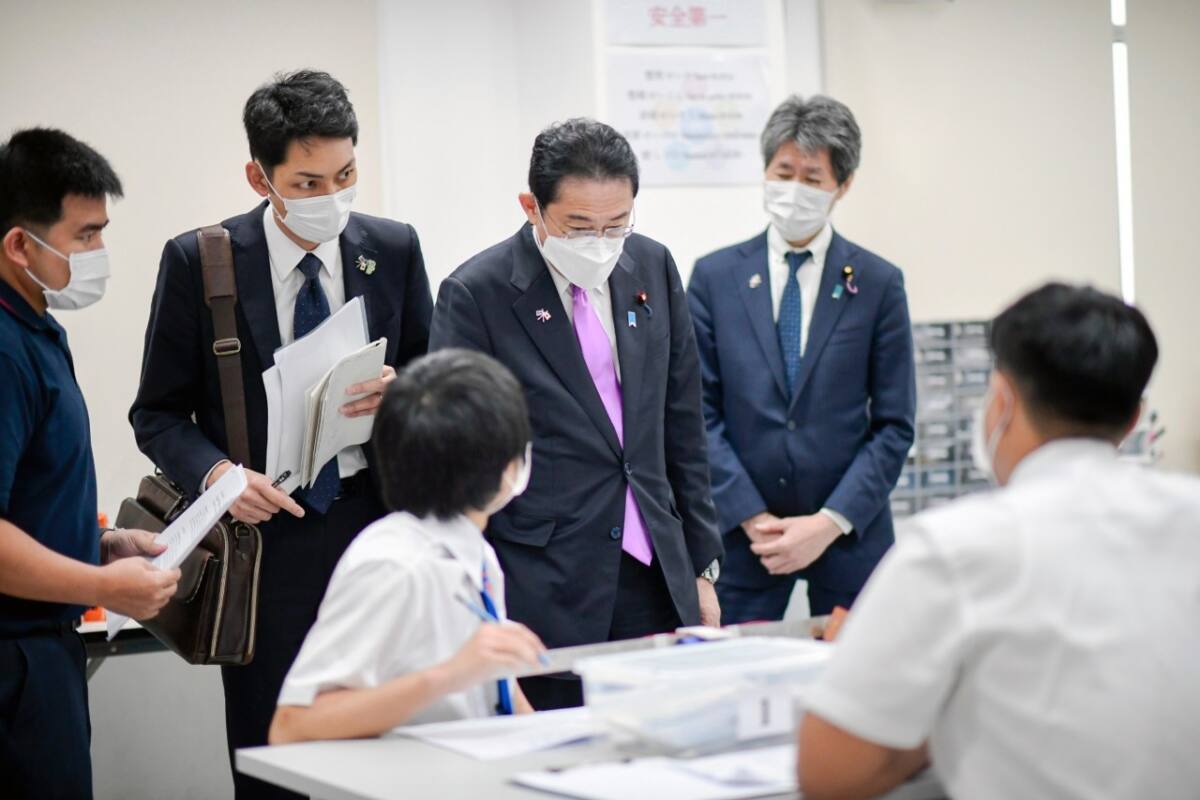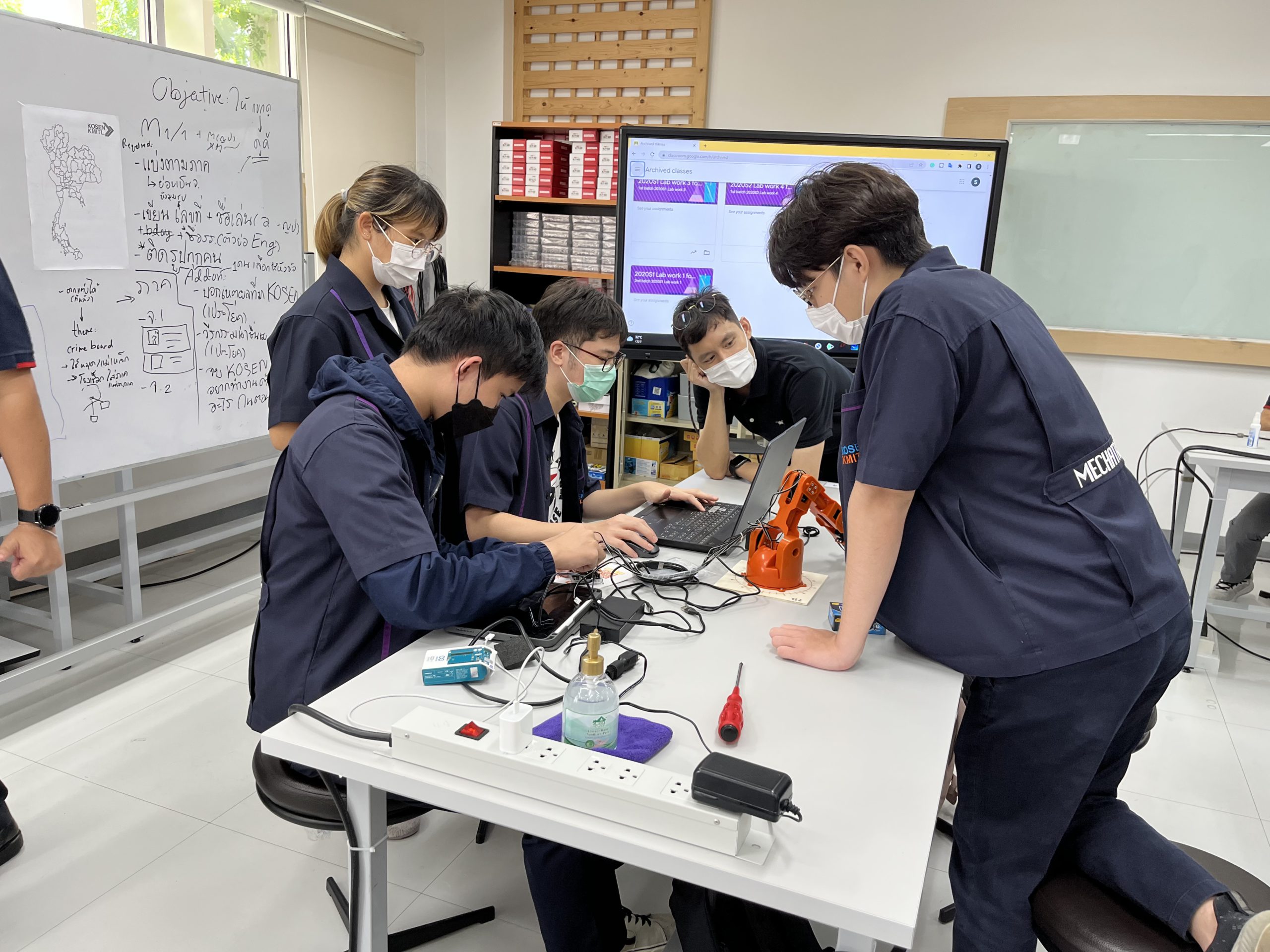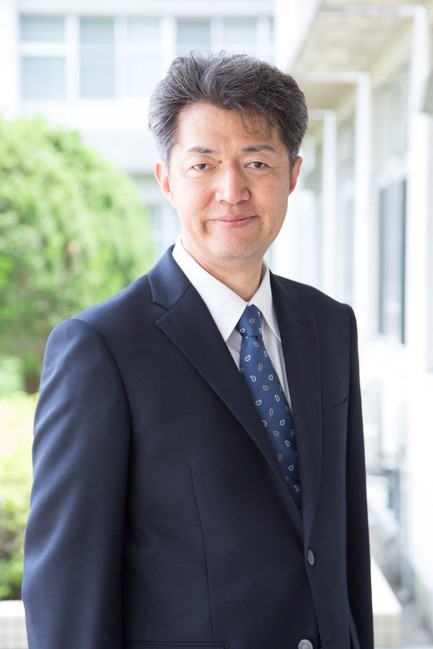Japanese Colleges of Technology, known as KOSEN, have long supported the growth and development of Japanese industry through a unique education system that is unlike any other else in the world and which is now attracting global attention.
KOSEN is an educational institution that accepts young 15-year-olds with sensitivity, motivation and talent straight out of junior high school and train them to be engineers and business persons with a high level of expertise through a five-year integrated program. The first national colleges of technology were established in 1962. Today, Japan has 51 national colleges of technology (55 campuses) as well as three public colleges and three private colleges catering to a total of over 50,000 students. A new private college of technology will open in FY2023 and the establishment of another public college is also planned. The KOSEN system celebrated its 60th-anniversary last year. From Japan’s period of high economic growth when the first KOSENs were established until the present day, KOSEN has nurtured practical engineers for industry, and its graduates are highly regarded for their skills. Each KOSEN student seeking employment is offered more than 20 jobs and the employment rate at graduation is practically 100%. This is the result of close cooperation with local communities and companies and a rapid response to the needs of society since it was first established.
National colleges of technology aim to turn out innovative and practical engineers, or “social doctors,” as well as innovators and creators who boldly take on the challenges of globalization of society, changing academic and industrial fields, and various issues of the new era, and respond to the demands of the times. Coined by Isao Taniguchi, President of the National Institute of Technology, the term “social doctor” describes the type of human resources nurtured by KOSEN and embodies his hope that KOSEN graduates will resolve a broad range of the world’s problems by linking their advanced knowledge and skills to society.
In order to nurture these “social doctors,” innovators and creators, KOSEN education deploys specialized subjects and general education in a wedge-shaped format. Building on a foundation of science and mathematics subjects in the lower grades, specialized subjects gradually increase toward the upper grades and are connected to problem-based learning (PBL) and graduation research in the fourth and fifth grades. A spiral curriculum in specialized fields helps students gradually improve their learning skills in steps through the repetition of three phases: lecture phase, drill phase, and experiment and practice phase. Extracurricular activities give students the chance to participate in many contests, such as the KOSEN Robot Contest (commonly known as Robo-con), KOSEN Programming Contest (Pro-con) and KOSEN Design Competition (Deza-con). KOSEN teaching staff boast a diversity of backgrounds, with over 30% having worked in the private sector and over 90% holding a doctoral or master’s degree. The teachers grasp each student’s strengths and weaknesses, unlock their abilities and find places where they can excel in their field of study. The students gain experience from basics to applications through this education system and educational opportunities to become creative and practical engineers, specialists and entrepreneurs.
Overseas interest in KOSEN, Japan’s unique education system, has increased dramatically in recent years. While the countries that inquire about KOSEN cultivate their own engineers and technicians at universities and technical high schools, in most cases they want to develop further as an industrial and technological powerhouse and train engineers with the creative and practical skills that will form the foundation for such development, and they have heard about and are interested in KOSEN, the unique education system in Japan with a 60-year proven track record. In the course of pursuing their investigations, such countries come to understand that KOSEN institutes cultivate innovative human resources and they request more concrete information on introducing the KOSEN education system.
Examples of schools and courses incorporating the essence of the KOSEN education system that have already been established include KOSEN in Mongolia, premium courses at technical colleges in Thailand, and KOSEN model program courses at technical colleges in Vietnam.
As a project for the full-scale introduction of the KOSEN education system overseas, two KOSEN institutes were established in Thailand, KOSEN-KMITL in 2019 and KOSEN KMUTT in 2020. The institutes were established to train human resources who will play a central role in the Thai government’s 20-year long-term national strategy “Thailand 4.0,” announced in 2016, for shifting to innovation-led economic growth with the development of the digital economy and the fostering of a new generation of industries as its main pillars. The two KOSEN Colleges in Thailand attract the brightest students from all over the country who will become the creative and practical engineers on whom Thailand’s future depends. The National Institute of Technology dispatches teachers to work with Thai academic staff to support the students’ development, while conveying the meaning of KOSEN and KOSEN education.
Under this project, all KOSEN students in Thailand have the opportunity to visit KOSEN in Japan for one month during their fourth or fifth year and engage in experiments and practice with Japanese students, giving both countries’ students the opportunity to develop cross-cultural understanding and experience intercultural collaboration.
The National Institute of Technology provides support for the introduction of the KOSEN education system through the provision of information and the dispatch of academic staff according to the country’s need for KOSEN education. While the such overseas expansion of KOSEN is an international contribution to the field of engineering education, it also serves as a mirror for domestic institutes of technology to reflect the excellence of Japan’s KOSEN education system as well as the areas that need improvement. Through overseas expansion, we will continue to improve the education system in order to produce “social doctors,” innovators and creators.
 |
 |
|---|---|
| Prime Minister Kishida visits KOSEN in Thailand(2022.5.2) | Experimenting and practicing at KOSEN-KMITL |
__________________
■Profile

TOGA, Shinji
Doctor of Engineering, Director of Center for International Education and Research and Assistant Principal at National Institute of Technology, Toyama College from 2021 to present.







